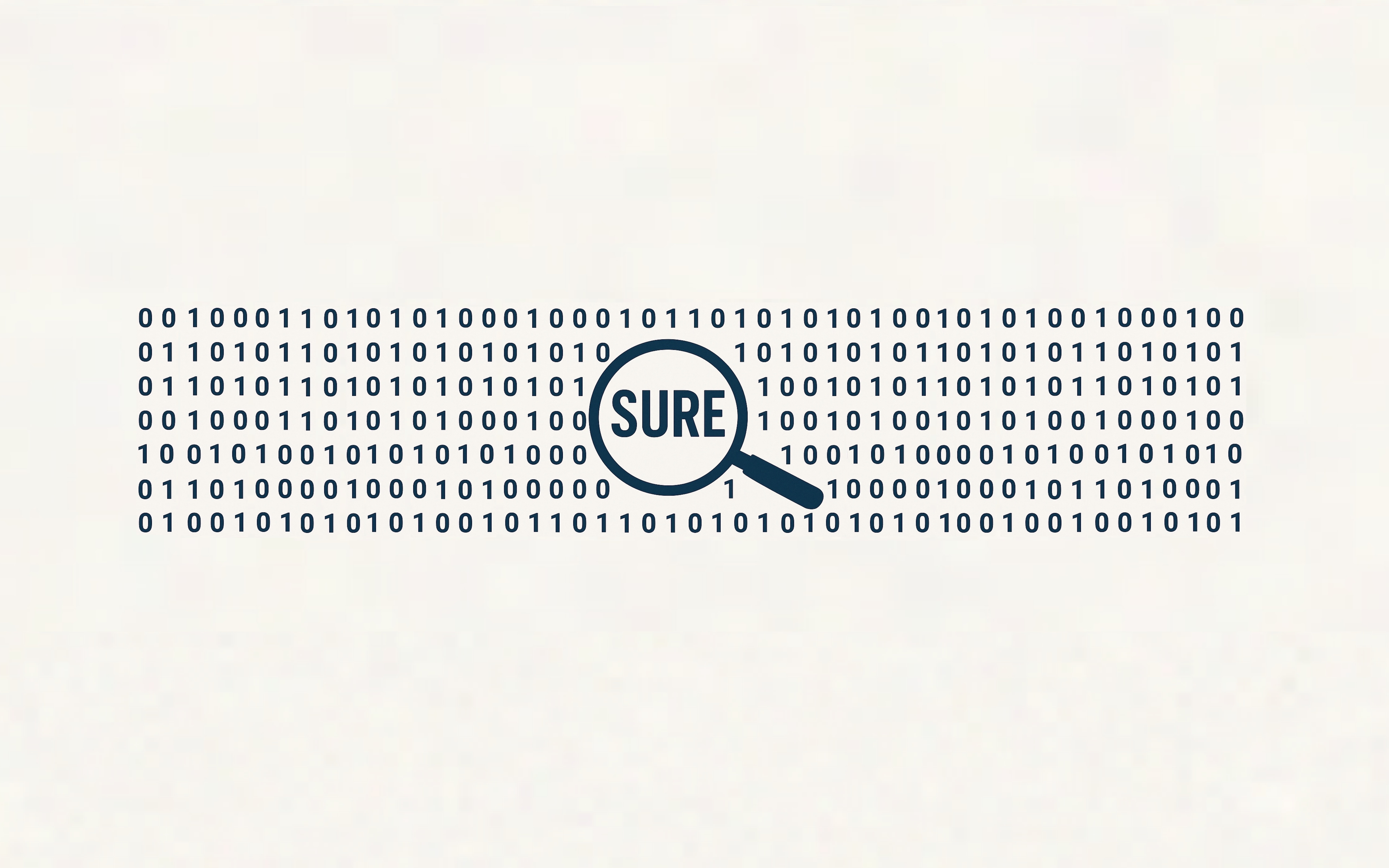Call for Papers
Workshop on Software Understanding and Reverse Engineering (SURE 2025)
In the modern age of AI-empowered code generation, the rate at which we create software has accelerated dramatically. Yet, our ability to understand software has not matched in pace. Federal agencies, such as DARPA, have noticed, issuing a call to action to “close the software understanding gap” with the help of both academia and industry. In doing so, millions of dollars have been committed to funding research that seeks to understand programs for goals such as binary patching, performance enhancement, and, in DARPA and ARPA-H’s AIxCC —with $29 million of prize money at stake—autonomous reasoning on large open-source projects. Put simply, both the impact and need for software understanding, at the binary and source level, are at an all-time high.
Research on software understanding and reverse engineering often has difficulty progressing due to a lack of definitions, metrics, and goals in software understanding. Just last year, the field of decompilation had a historical surge in publications, but that came after a nearly 30-year drought, in part due to the difficulty of measuring software understanding progress. Similarly, human studies in reverse engineering have only recently become commonplace in security conferences due to their more indirect benefits for security. Coupling these issues with the large variety of approaches to understanding software, this research area desperately requires community involvement for direction and motivation.
The Workshop on Software Understanding and Reverse Engineering (SURE) aims to gather a variety of work and researchers on software understanding in one place to both inspire and guide the community toward critical areas for research in software understanding and reverse engineering. SURE will be run in three parts: a traditional paper session, a lunch poster session for positional and work in progress papers, and a roundtable discussion among researchers, practitioners, industry, and interested government officials. To this end, we welcome submissions on all aspects of understanding software in both source code and binaries, including reverse engineering methodologies, visualization, AI, human factors, benchmarking, and tooling.
Areas of Interest
- Decompilation (fundamentals, applications)
- Human studies in reverse engineering
- Complexity and readability measurements
- Root cause analysis (bug triaging, explanation, and measurement)
- Agentic approaches to reverse engineering
- Code duplication detection (clone detection, code reuse)
- Visualization (program introspection, reversing progress)
- Debugging (tools, case studies)
- Automatic program repair
- Retroactive software performance improvements
- Testcase generation
- Formal methods in reverse engineering
Submissions
The submission site is OPEN at sure25.hotcrp.com.
We invite Full Papers (12 pages), Short Papers (6 pages), and Poster Abstracts on any topic in scope. Page limits exclude references. Note that reviewers are not required to read appendices or any supplementary material. The review process is double-blind. Submissions must be anonymized.
All papers must be formatted in the double-column ACM format and submitted via the HotCRP submission system. Authors should not change the font or the margins of the ACM format. Submissions not following the required format may be rejected without review.
Poster Abstracts
For poster submissions, authors should submit a short proposal describing their poster’s main contributions. Proposals should contain a brief abstract and emphasize the motivation for the work, following the below formatting:
- Double-column ACM format
- No more than two pages, including references and figures
- Submissions must not be anonymized
- Titles must begin with “Poster:”
Posters on positional or in-progress works are encouraged. All accepted poster authors should email a poster draft a month before the workshop. Presented posters should be sized 32×40 inches.
Important Dates
All times listed are Anywhere-on-Earth (AoE).
- Submission Deadline: July 7th, 11:59pm AoE
- Author Notification: August
8th13th - Deadline for Camera-ready: August 19th, 11:59pm AoE
- Workshop: October 13th
